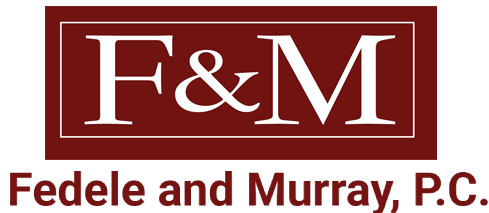Life Insurance Trusts
If you have life insurance, that insurance is an asset that will be subject to federal and state estate taxes in the event of your death. Even if you are married and have the insurance payable to your spouse, it will reflect as “cash” in your spouse’s estate at his or her subsequent death. If you took any life insurance policies and transferred them now into an irrevocable trust (one which you would have no right to amend), if you are married and survived by your spouse there would be no tax savings at your death because there is an unlimited marital deduction anyway.
Nevertheless, at your spouse’s subsequent death (or at your own death if you are the survivor) there would be a tax savings of as much as 50% of the death proceeds (depending upon what the size of your estate would be). Despite the savings, if you are married, your spouse would still have the full practical use of the money for his or her lifetime. At the surviving spouse’s death the remaining trust assets can pass totally estate tax-free to the ultimate beneficiaries, e.g., your children.
“Second-To-Die” Or “Survivorship” Life Insurance
Many people are also today considering purchasing so-called “second-to-die” or “survivorship” life insurance policies. These policies typically insure the lives of both husband and wife, and the death benefit is paid when the surviving spouse dies. The benefit of this type of insurance is that the insurance proceeds are paid out when the cash is often needed most, i.e., at the surviving spouse’s death when there may be a substantial estate tax to pay.
A further advantage of this type of policy is that premiums are typically lower for the same death benefit than they would be on a single life policy. Also, in some instances where one spouse may have health problems that might prohibit them from obtaining a single life insurance policy, many insurers will still issue a second-to-die policy where at least one spouse is healthy and insurable. These second-to-die policies are also assets for estate tax purposes. It is generally advisable to transfer these types of policies to an irrevocable insurance trust as well to escape estate taxation.
Learn More About Insurance Trusts
At Fedele and Murray, P.C., we want to work with you to create a mutual understanding of how decisions about insurance can impact you, your family and your estate. If you wish to learn more about insurance trusts, contact us online or call us in Norwood at 781-551-5900.
